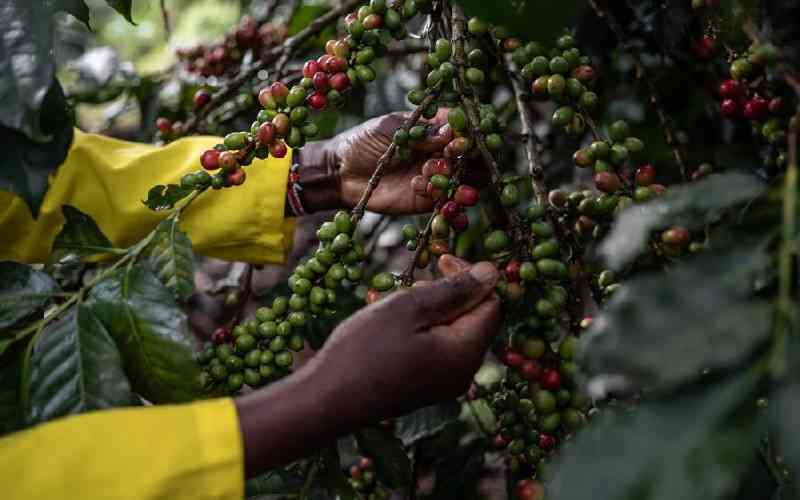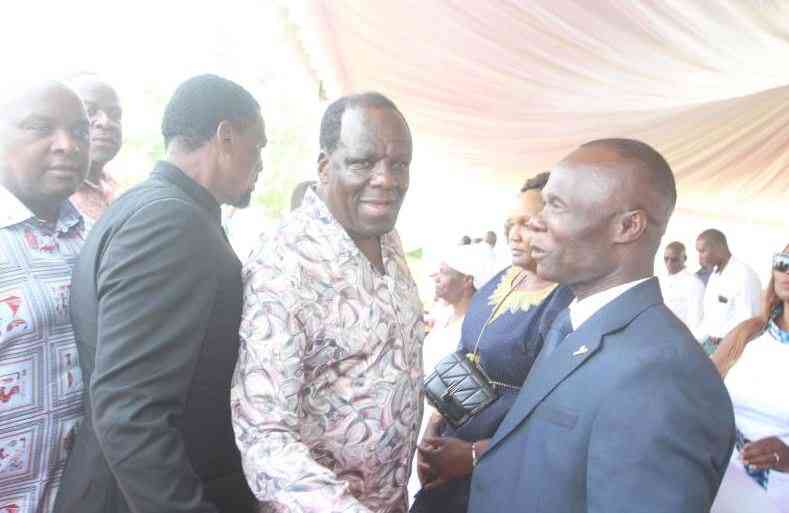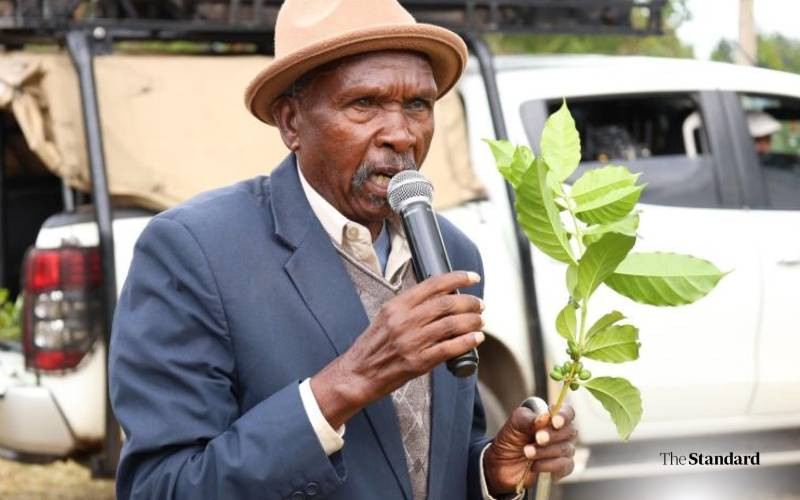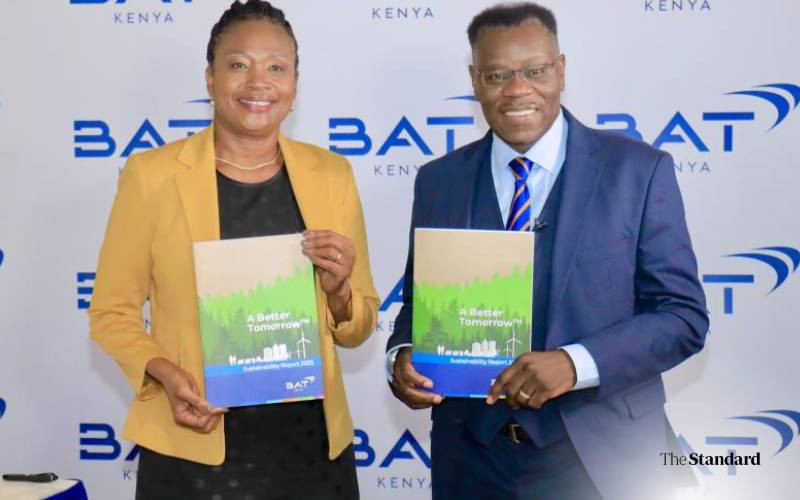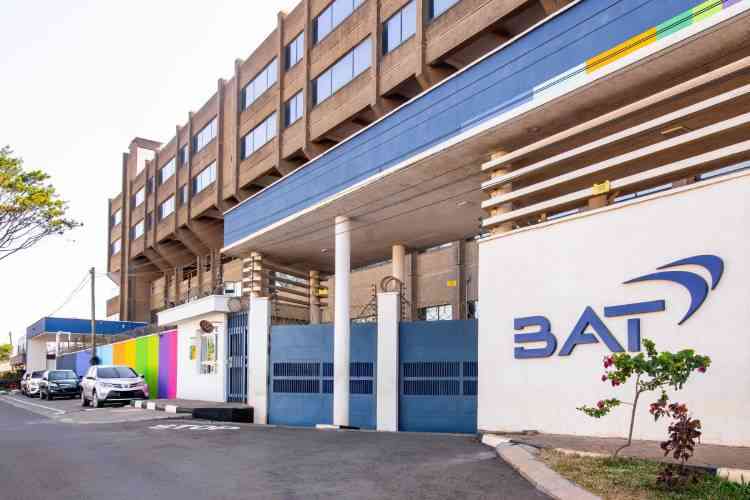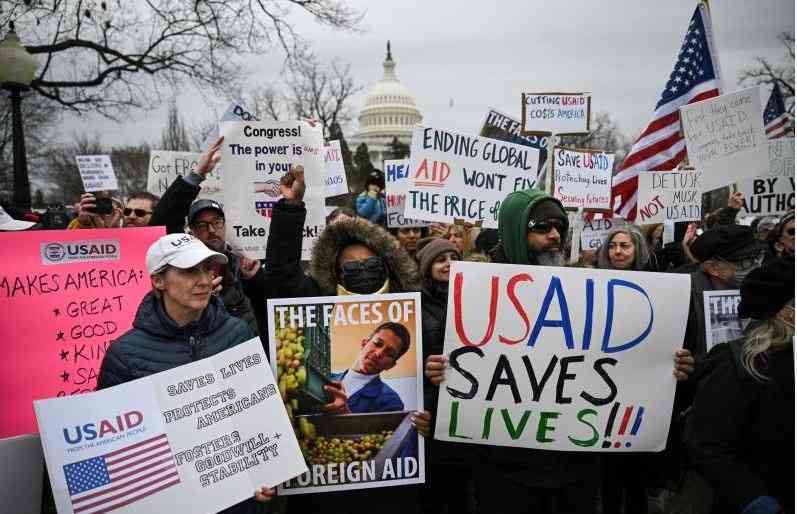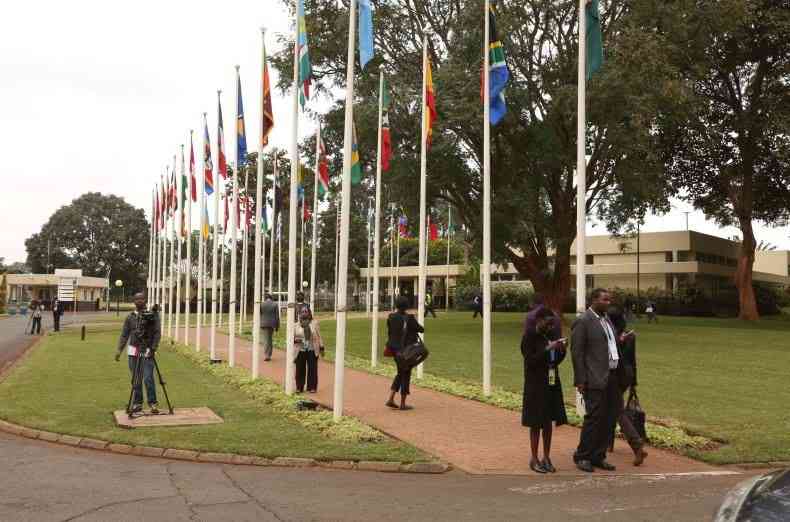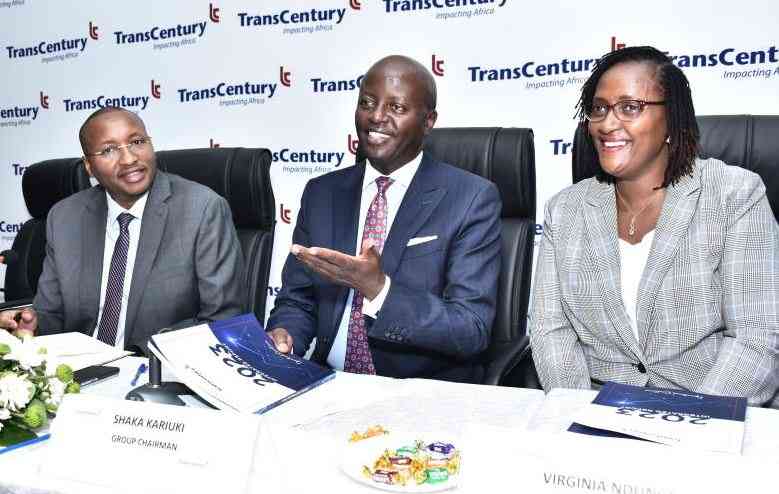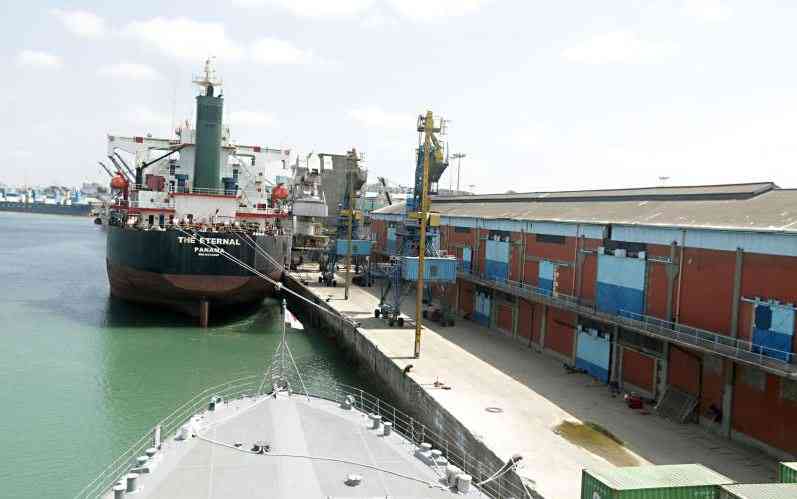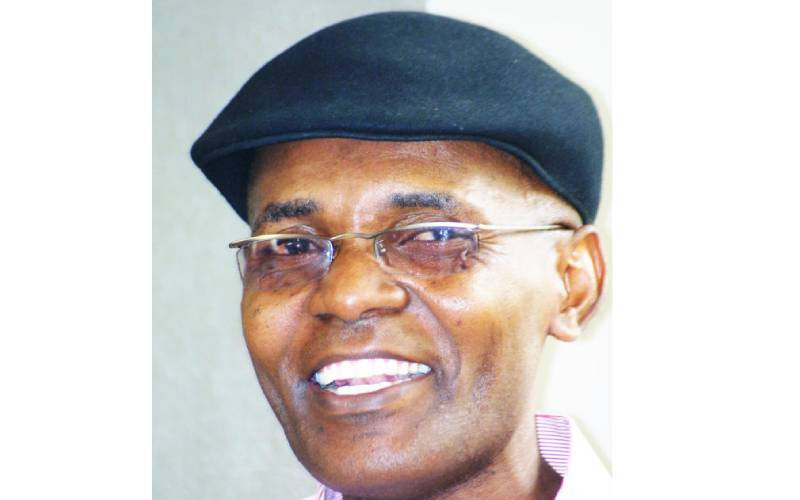
When discussing sustainability in the coffee industry, it’s common for people to focus solely on the farm, considering organic practices, ethical sourcing, and fair trade as essential components.
However, this perspective overlooks a significant aspect: sustainability extends beyond the farm and into the coffee shop.
Kenya is home to celebrated coffee, renowned for its rich flavours and bold characteristics. The high-quality beans from our highlands command premium prices globally, and they are appreciated by roasters and enthusiasts alike.
Yet, as we spotlight farmers and exporters, we often neglect the vital role of baristas.
Traditionally, discussions of sustainability have centred on the early supply chain stages. As coffee culture in East Africa flourishes, we must redefine what a truly sustainable coffee ecosystem entails.
At the centre of every exceptional cup of coffee are not just quality beans but also skilled baristas. These professionals represent the coffee industry to consumers, yet they frequently go unrecognised and underappreciated.
Baristas expertly adjust grind sizes, calibrate espresso shots, and create the perfect milk texture, all while establishing meaningful connections with customers.
This intricacy demands training, passion, and extensive knowledge. Unfortunately, baristas don’t always get enough credit for their craft.
This situation must improve. Investing in barista training isn’t only about enhancing coffee quality; it’s also about dignifying their careers, lowering turnover rates, and elevating standards across the hospitality industry.
For example, Java House has developed structured barista programmes that focus on skill enhancement, coffee education, and long-term career development. This approach not only trains skilled coffee makers but also cultivates coffee ambassadors.
Consumers also play a vital role in achieving true sustainability. When individuals learn the journey of their coffee, from the soil to the server, they tend to make more conscious choices. Baristas contribute significantly to this awareness.
Serving thousands of cups each day, they describe flavour profiles, suggest brewing methods, and add a personal touch to every interaction.
In any coffeehouse, baristas act as frontline educators, helping consumers and hospitality partners see coffee as more than just a caffeine boost but as an experience to be savoured and appreciated.
Human capital is the often-overlooked driving force behind a vibrant coffee culture. To ensure a prosperous future for Kenyan coffee, particularly in the premium, speciality segment, we must begin to view baristas as an investment rather than an afterthought.
Stay informed. Subscribe to our newsletter
Each interaction between a barista and a customer presents an invaluable opportunity to educate on important topics such as origin traceability, brewing methods, and the environmental impact of our choices.
This is why events like the Kenya Barista Championship, which we sponsor, hold such significance. They not only honour skill and inspire innovation but also reinforce the idea that sustainability involves celebrating local talent alongside the conservation of natural resources.
Coffee brands bear a profound responsibility that extends beyond merely selling coffee; they must actively work to support the entire ecosystem. This commitment includes ethical sourcing practices, backing local farmers, minimising waste across outlets, and fostering meaningful employment opportunities within the communities they engage.
At Java House, sustainability is interwoven into everything we do. Our initiatives range from waste-reduction strategies to internal competitions that prepare baristas for national recognition. Our mission is to deliver exceptional coffee while simultaneously uplifting individuals and protecting our planet.
As Kenya’s coffee landscape evolves, it’s essential to redefine sustainability as a collective journey that encompasses everyone, from farmers to baristas to consumers. It’s time to elevate the importance of the counter as much as the crop and to honour the hands that serve just as much as those that cultivate.
A truly sustainable coffee future will only be realised when every participant in the supply chain is celebrated, empowered, and respected.
 The Standard Group Plc is a
multi-media organization with investments in media platforms spanning newspaper
print operations, television, radio broadcasting, digital and online services. The
Standard Group is recognized as a leading multi-media house in Kenya with a key
influence in matters of national and international interest.
The Standard Group Plc is a
multi-media organization with investments in media platforms spanning newspaper
print operations, television, radio broadcasting, digital and online services. The
Standard Group is recognized as a leading multi-media house in Kenya with a key
influence in matters of national and international interest.
 The Standard Group Plc is a
multi-media organization with investments in media platforms spanning newspaper
print operations, television, radio broadcasting, digital and online services. The
Standard Group is recognized as a leading multi-media house in Kenya with a key
influence in matters of national and international interest.
The Standard Group Plc is a
multi-media organization with investments in media platforms spanning newspaper
print operations, television, radio broadcasting, digital and online services. The
Standard Group is recognized as a leading multi-media house in Kenya with a key
influence in matters of national and international interest.


